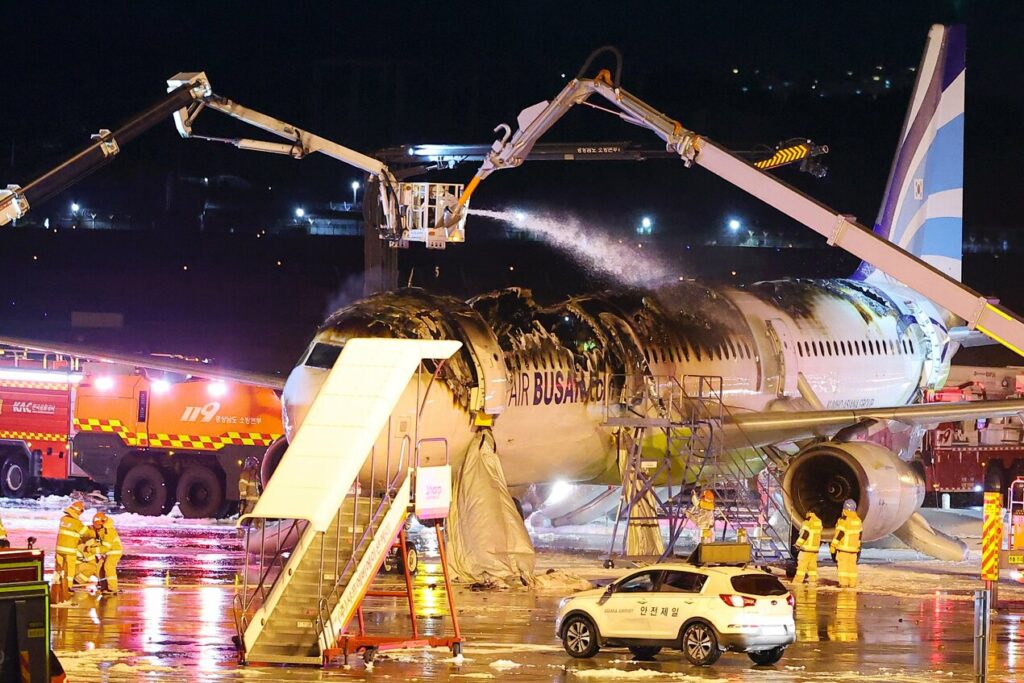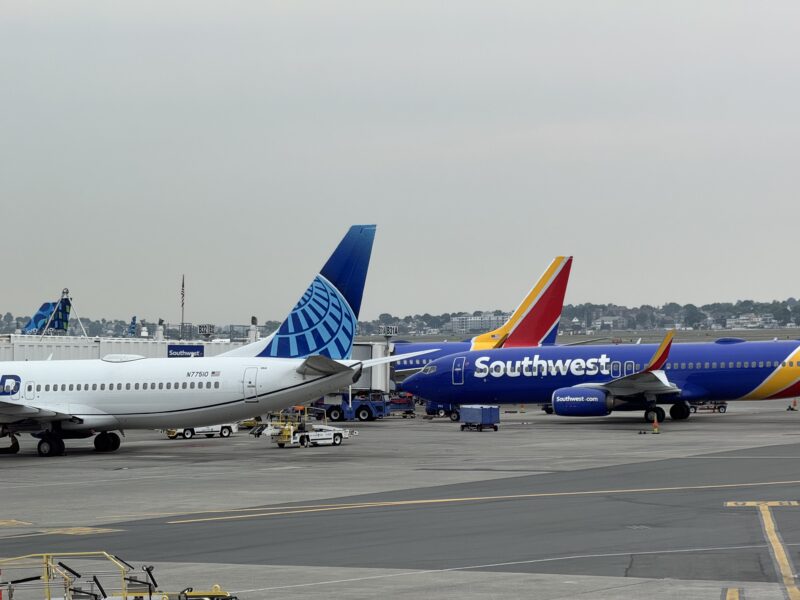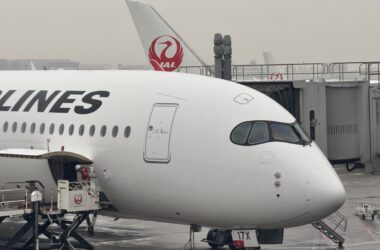The FAA issued a safety alert to airlines on Tuesday regarding the risks involved with passenger lithium batteries placed in aircraft passenger compartments. Given the rise in passenger battery-related incidents in recent years, the FAA gave recommendations to mitigate the risks of potential fires and ensure that crewmembers are aware of firefighting processes involving them.
In order to mitigate the risk of a fire, the FAA recommends that airlines review messaging to passengers on the risks of lithium-ion batteries during safety videos, cabin announcements, and on websites. This includes instructing passengers to store lithium batteries in a place visible and accessible in the event of an incident.
Additionally, the FAA recommends that airlines review firefighting processes on an aircraft by assessing onboard equipment and ensuring that crewmembers are familiar with the appropriate ways of responding to an incident.
Airlines in the United States have yet to impose restrictions on passenger lithium-ion battery packs, with the exception of Southwest, which requires passengers not to charge devices using portable battery packs in the overhead bin.

Many airlines in Asia have placed strict rules or full bans on the use of battery packs onboard. This trend stems from an incident involving an Air Busan flight in South Korea in January. Flight BX391 caught fire on the ground before takeoff, injuring 27 and leading the airline to write off the Airbus A321. Following an investigation that suggested that a passenger battery pack placed in an overhead bin had caught fire, many airlines in the region began revising their rules regarding lithium batteries.
Aircraft incidents related to passenger lithium batteries, including portable chargers, are on the rise in the United States. According to FAA data, there have been a total of 17 incidents related to lithium battery packs so far this year, on pace for last year’s count of 27.
Featured image by the author.









